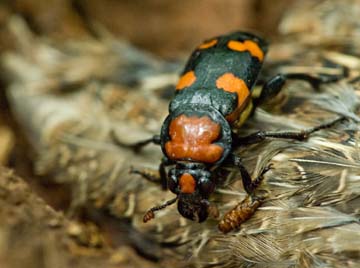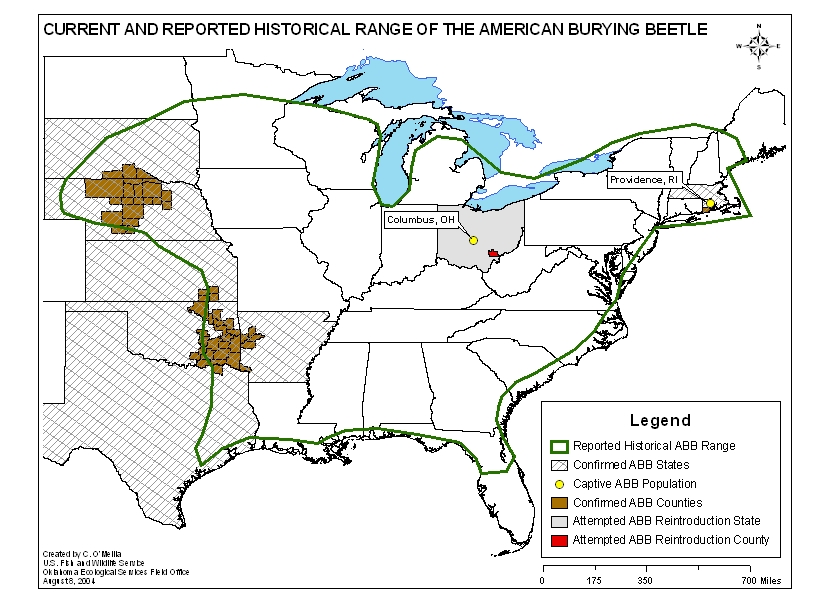Today was a good day at work. I got to make my boss sigh and I learned something new.
MY REPUTATION FOR LONG ARTICLES REMAINS INTACT
My desk is near the editor’s office. Within five seconds of turning my story in, I heard my editor sigh loudly and say, “Sixty-nine inches. Geesh.” He exhaled and began to read my story. I can’t help but laugh at that.
For those of you who are not in the newspaper business, sixty-nine inches is 1,104 words. It’s a long story. I’ve been working on it for a week. I have four sources I talked to in order to get it done. After gathering all my data, the story was originally, 1,972 words long. I made it shorter. You’re welcome.
Hopefully, after all the editing, my story is still good and folks enjoy it. You’ll all be surprised how my story involves beetles, wagon ruts and mass graves. Just read tomorrow’s paper.
IT’S GOOD TO LEARN NEW THINGS
Learning new things is good. Having to cut them from your story sucks.
After talking to Bob Harms, U.S. Fish and Wildlife biologist today about the endangered American Burying Beetle, or Nicrophorus americanus, I learned a really cool fact. A male and a female beetle will hang out on a dead thing the size of a pigeon or a ground squirrel. They will meet in the middle of the night (they’re nocturnal) check each other out, bury the dead thing, mate, and reproduce. The female leaves her eggs on the dead thing and 30-40 days later, BAM! New American Burying Beetles. How awesome is that?
They need a large, unfragmented habitat. If you look around the Sandhills, there is grass for as far as the eye can see. That’s what the American Burying Beetle needs to survive. In Oklahoma, they have a more savanna-like habitat with grass and trees. There isn’t a lot of that type of habitat in the United States anymore, which is why the beetle is endangered.
Its habitat has been converted and roads have been put in. With these changes comes other critters, such as skunks and raccoons, who compete for their habitat.
Bob told me there is a theory that the American Burying Beetle used to follow along with the passenger pigeon. The bird would have been a huge resource for the beetles.
“But, we will never know because we don’t have any more passenger pigeons,” Bob said.
So, now you have the image of beetles having sex on a dead bird underground and away from prying eyes. You’re welcome, again.



BRANDON NELSON
This was a great reminder to try to learn something new every day, and it got me digging for more information. I’m probably enjoying these beetle facts more than I should!
Irene
I didn’t even know they existed before last week. Now, I know about these awesome insects on our planet.